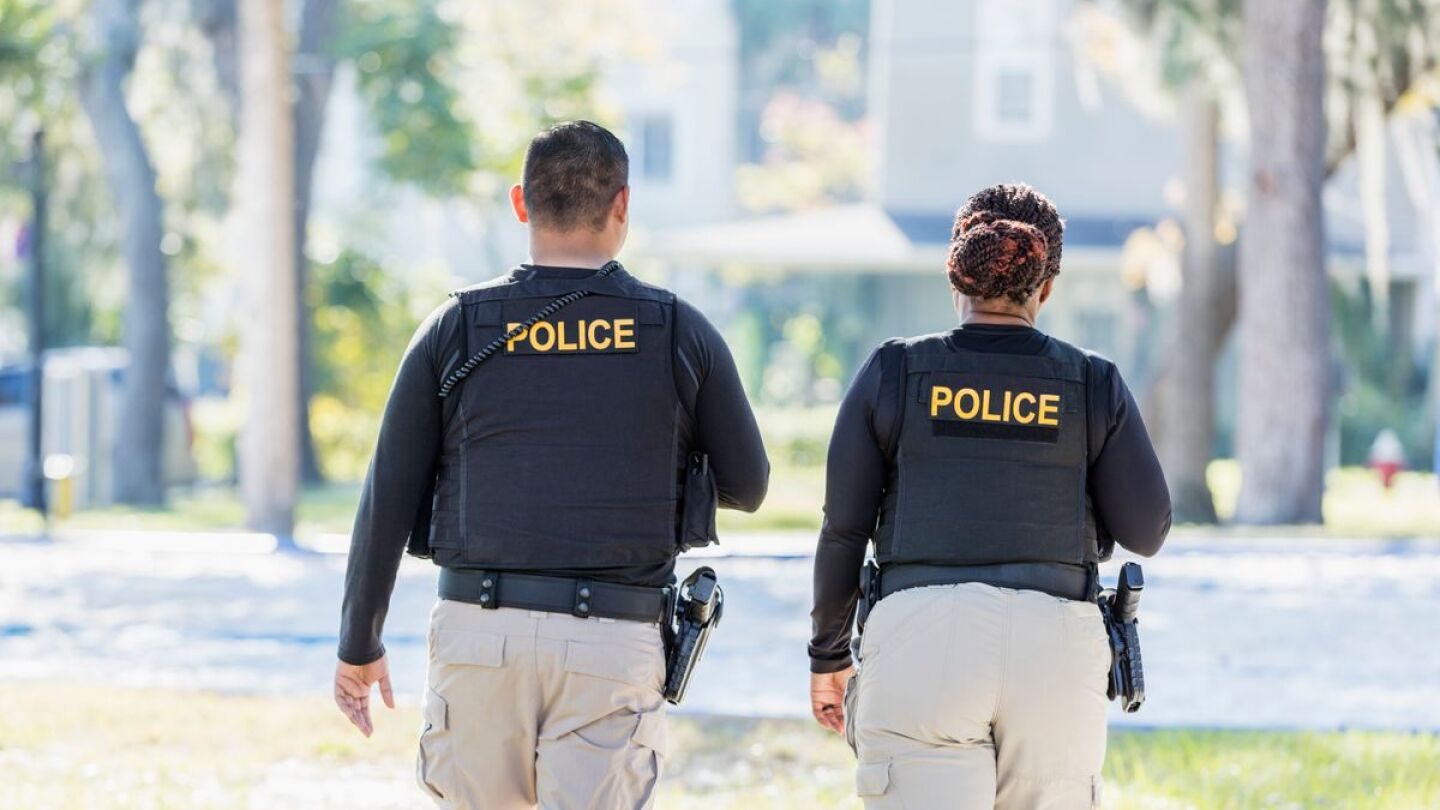SCOTUS
There were several noteworthy cases from the past term pertaining to law enforcement officer liability for alleged constitutional violations
The Tekoh ruling should be a non-event for all law enforcement officers. Miranda warnings should be administered as they were before the case was decided.
Law enforcement officers can sometimes avoid escalating situations by taking the time to understand the other person’s perspective
The court limited the scope of the federal law against computer hacking, ruling it does not include people who misuse information they were authorized to see
The justices rejected a “community caretaking” rule that may authorize police to enter a home even if they have no evidence of a crime or an emergency
And could significantly expand warrantless entries into homes
Case makes for strange bedfellows, uniting the ACLU with gun groups, albeit for different reasons
While the 2019 U.S. Supreme Court term was a quiet year for police-related cases, Justice Clarence Thomas continued to express concern with qualified immunity
Justice Barrett is protective of privacy rights and has authored two 7th Circuit opinions wherein she held for the defendant in search and seizure cases
At issue was a motor vehicle stop by a deputy sheriff based on a license plate check showing the registered owner’s driver’s license was revoked
Justice Kennedy’s successor enters into what is expected to be a highly contentious and politically divisive confirmation battle
The decision marks a significant change in how police can obtain cellphone tower data
Vernon Madison’s attorneys argue that strokes and dementia have left him unable to understand his execution or remember killing Officer Julius Schulte
The court ruled that police had sufficient reason to make arrests at the raucous party in a vacant home that had been turned into a makeshift strip club
SCOTUS sided with deputies in a legal dispute stemming from 2010, when a couple of bystanders were shot while the deputies searched for a wanted man
Fourth Amendment rights are no less impacted by emerging technologies, but standard legal understandings of what information will now be considered private versus public is undergoing new consideration
Justice Sonia Sotomayor argued the courts “rarely intervene” when officers have been “wrongly afforded” qualified immunity
Jim and Doug talk about a host of cases that the public should know
Gorsuch promised to be a “faithful servant of the Constitution and laws of this great nation”
If confirmed by the Senate, Justice Antonin Scalia’s seat on the Supreme Court will be given to Neil Gorsuch, a 49-year-old federal appeals court judge on the 10th Circuit
Court ruled Monday that evidence of a crime may be used against a defendant even if the police did something wrong or illegal in obtaining it
A recent Supreme Court case and proposed legislation raise new questions about when and how employers must accommodate pregnancy
Obama held up Merrick Garland as a diligent public servant, highlighting his work leading the investigation into the Oklahoma City bombing
Here’s what you need to know about the First Amendment, employer retaliation for speech, and double standards
The facts — the officers’ interpretation of the facts at the scene — are what should be used as the guiding principles and points when reviewing an application of force
The search incident to arrest doctrine was first recognized by the Supreme Court exactly 100 years ago in Weeks v. United States
The Supreme Court unanimously ruled that with the exception of some emergency circumstances, police must obtain a warrant before searching the contents of a cell phone seized from someone who has been arrested
The Supreme Court is making it clear that the Fourth amendment allows the use of deadly force to stop drivers in those exceptional cases when their actions pose a very serious threat to public safety
There’s a storm brewing around whether the Fifth Amendment protects suspects from being compelled to decrypt their own computers pursuant to a search warrant
We may look to an article entitled The Fifth Amendment, Encryption, and the Forgotten State Interest for analysis and advice on computer decryption and the Fifth Amendment
What’s reasonable and unreasonable when it comes to cell phone searches and privacy is often the sticky wicket cops find themselves in — enter the Supreme Court
The U.S. Supreme Court’s continuing protection of property rights in 2013
MOST POPULAR
- ‘The body remembers': Top quotes from Police1 news this week
- U.S. Supreme Court ruling lets Big Tech profit from calls for violence against police
- U.S. Supreme Court sides with police in qualified immunity cases
- SCOTUS year in review: Decisions on qualified immunity and Fourth Amendment seizures
- No qualified immunity for arrest of citizen journalist asking questions





















